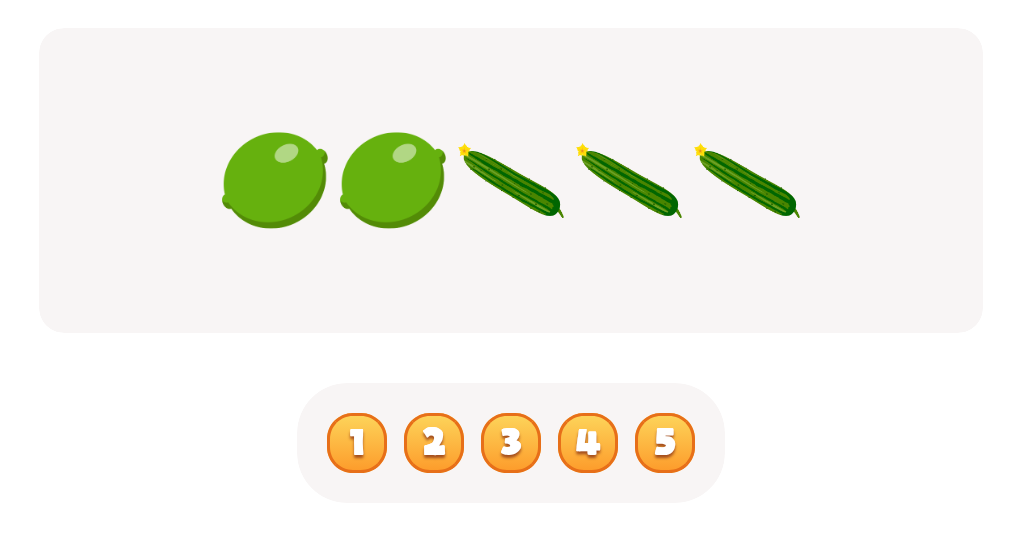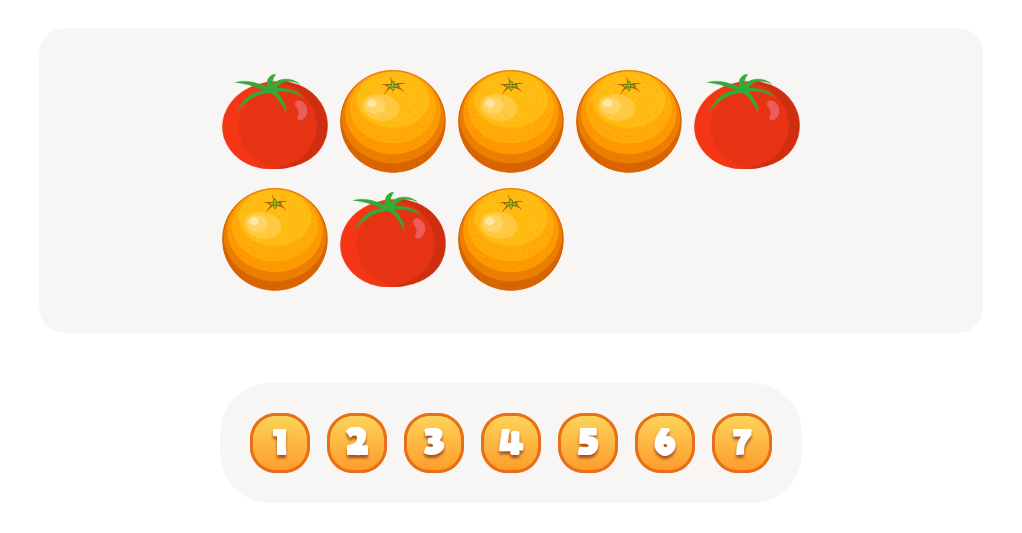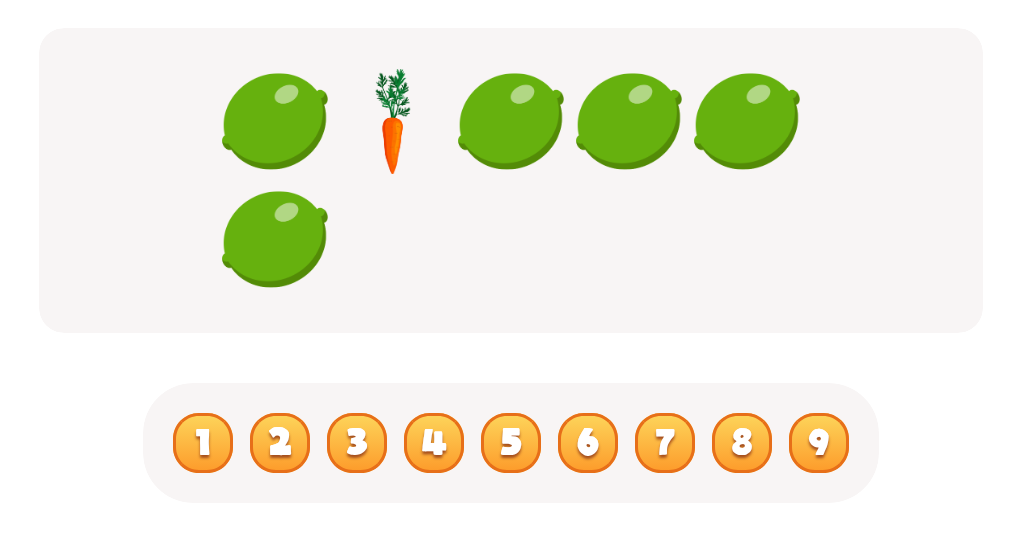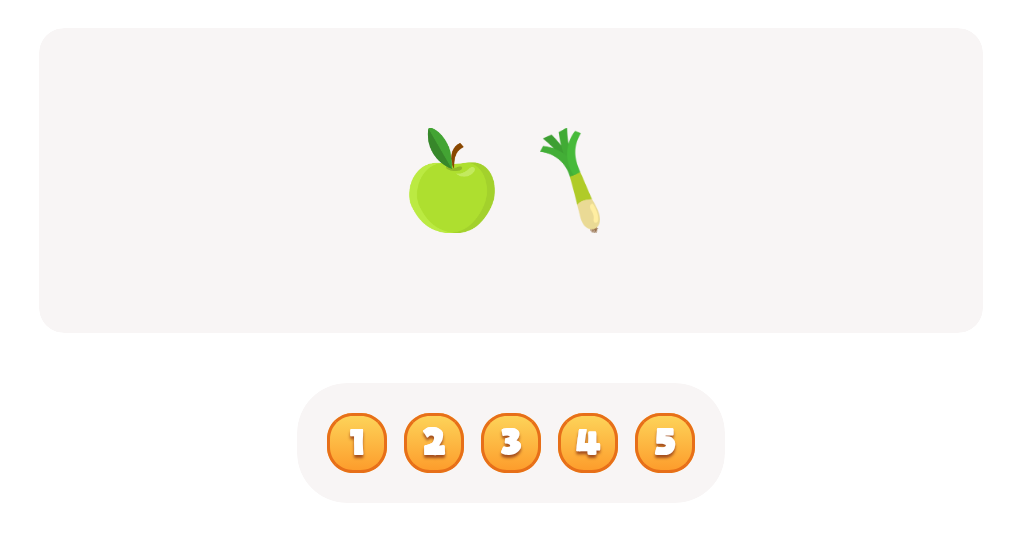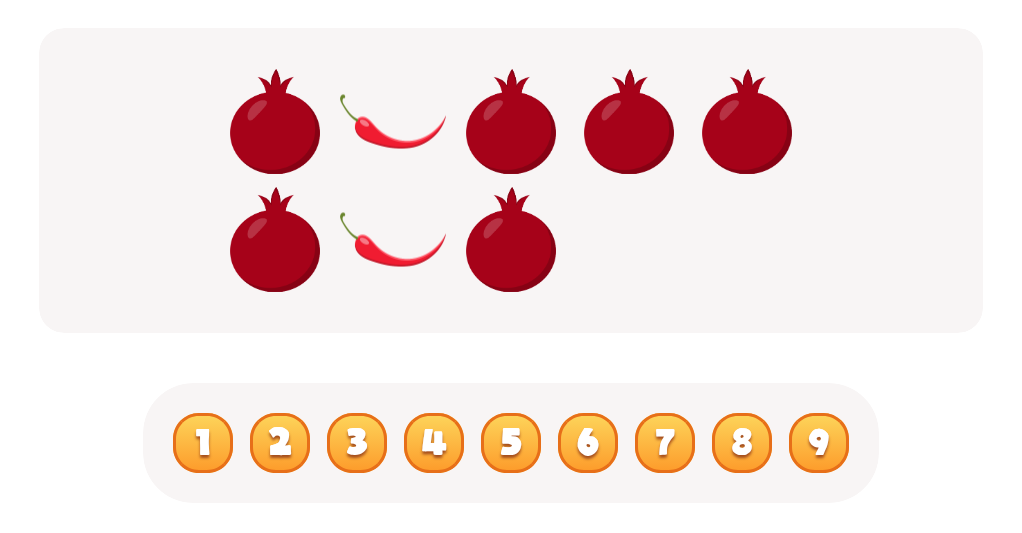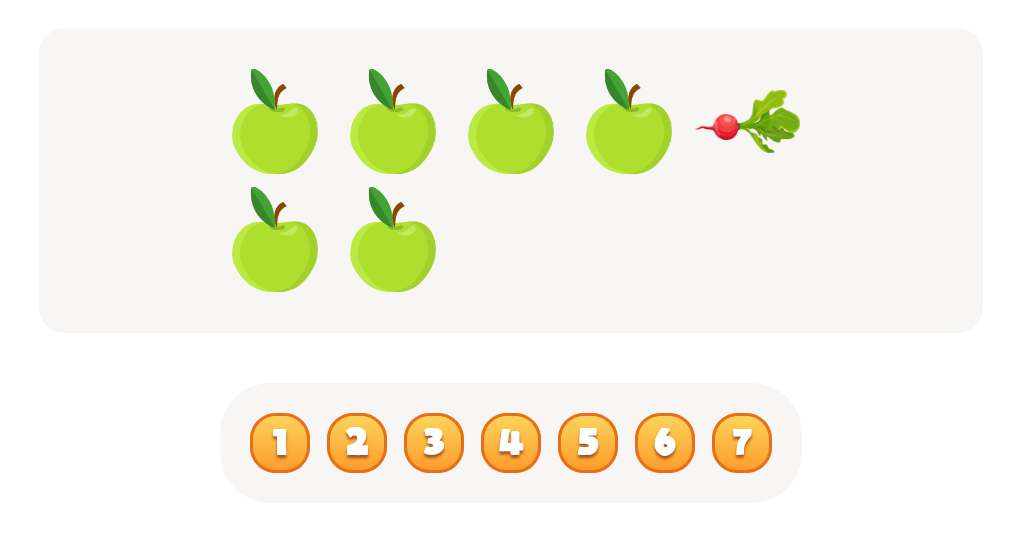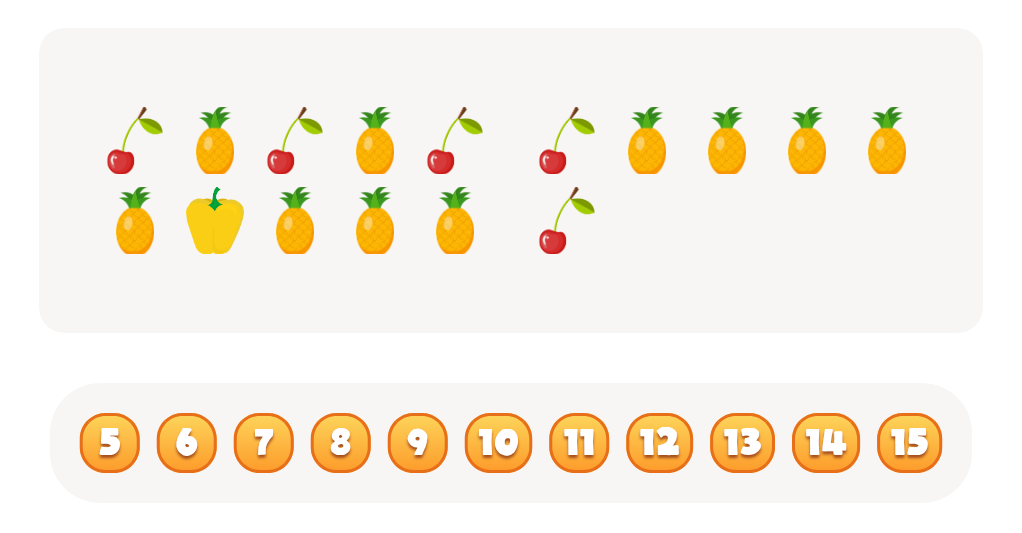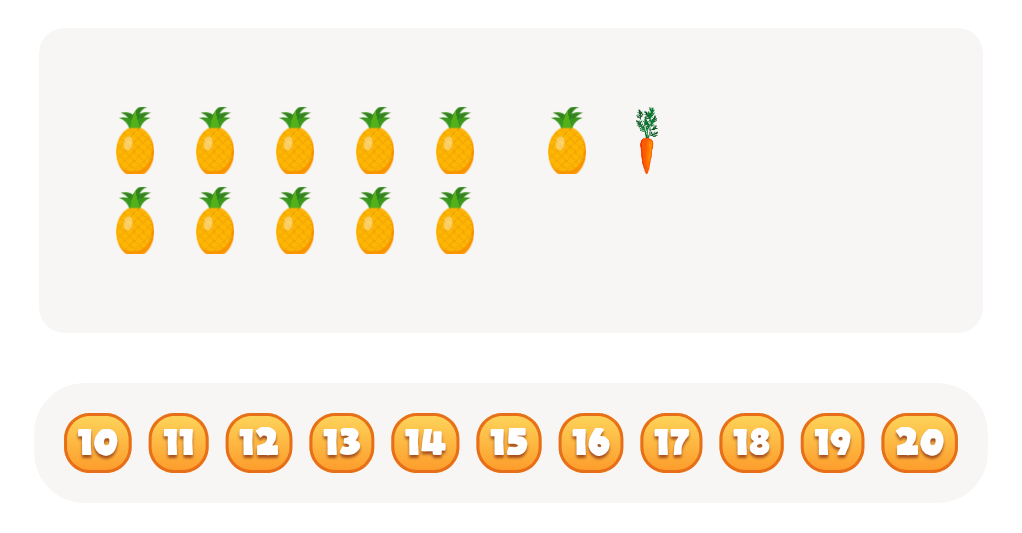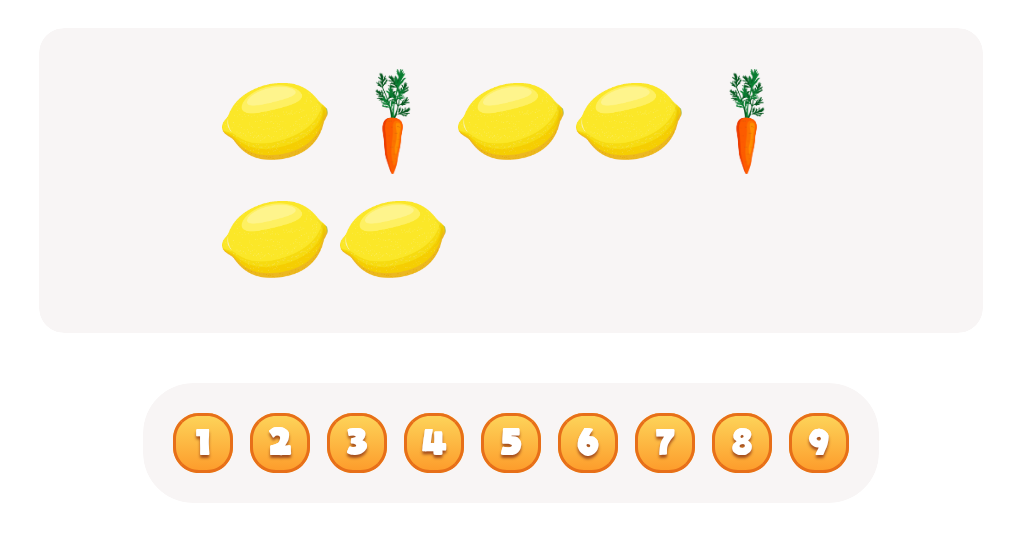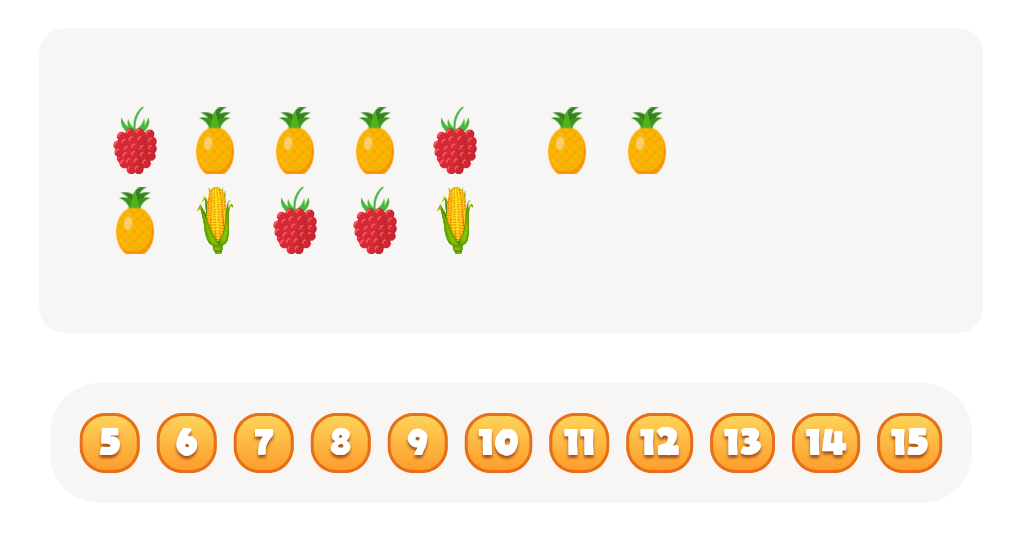Reading comprehension Normal Plants and Animals Worksheets for Ages 8-9
12 filtered results
-
From - To
Explore our engaging "Reading Comprehension Normal Plants and Animals Worksheets" designed specifically for children ages 8-9. These worksheets aim to enhance students' reading skills while providing valuable insights into the fascinating world of plants and animals. Each activity encourages critical thinking and comprehension through age-appropriate texts, stimulating questions, and fun illustrations. As students delve into concepts of nature, they will reinforce their literacy skills in an enjoyable way. Perfect for homeschooling or classroom settings, these worksheets make learning about the environment both educational and interactive. Empower your child's reading journey while fostering a love of science with our comprehensive resources!
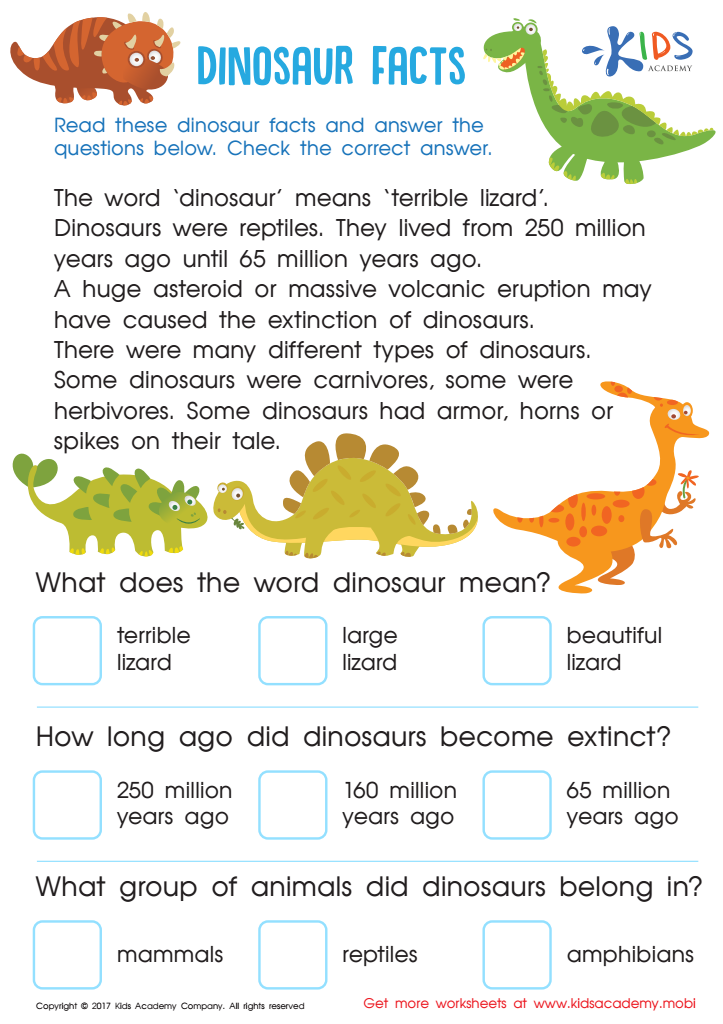

Dinosaur Facts Worksheet
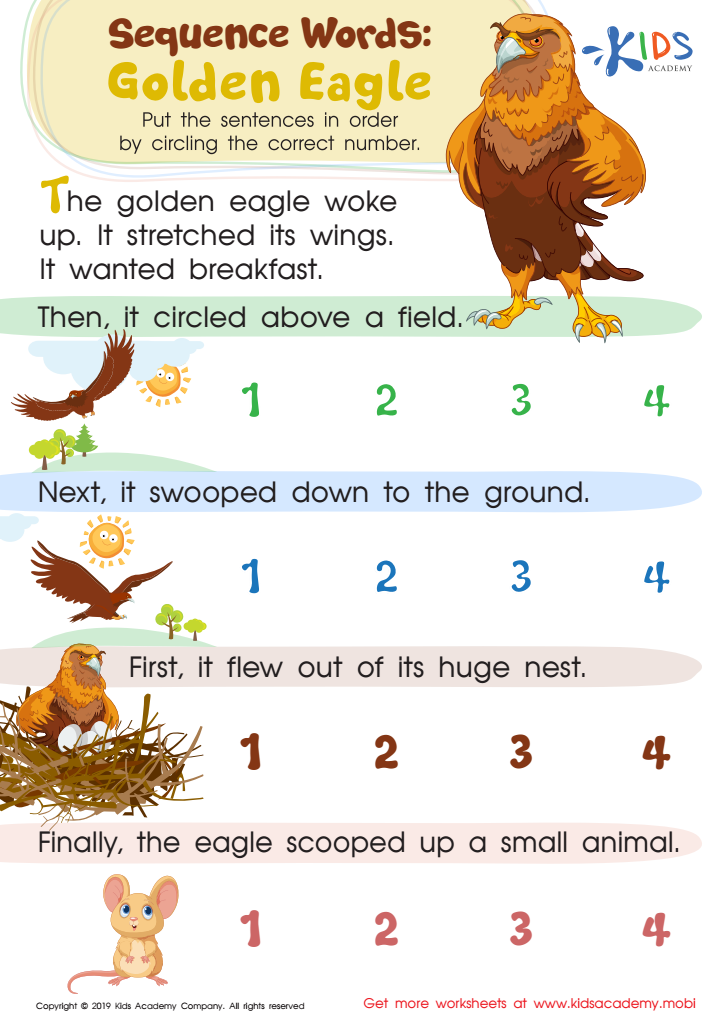

Sequence Word Eagle Worksheet
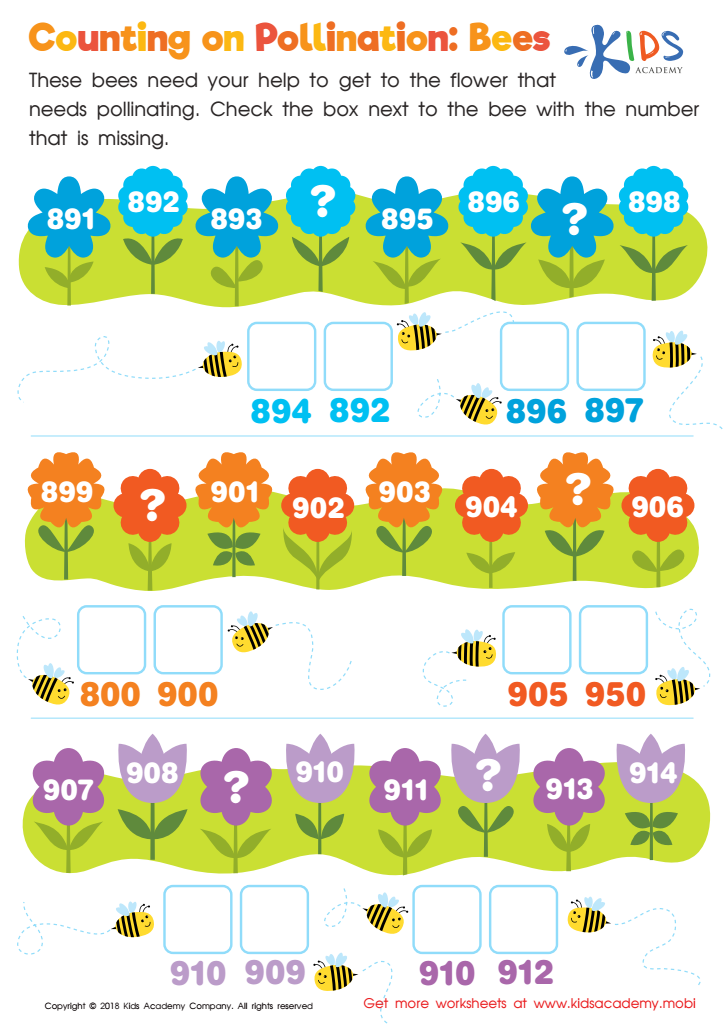

Counting on Pollination: Bees Worksheet
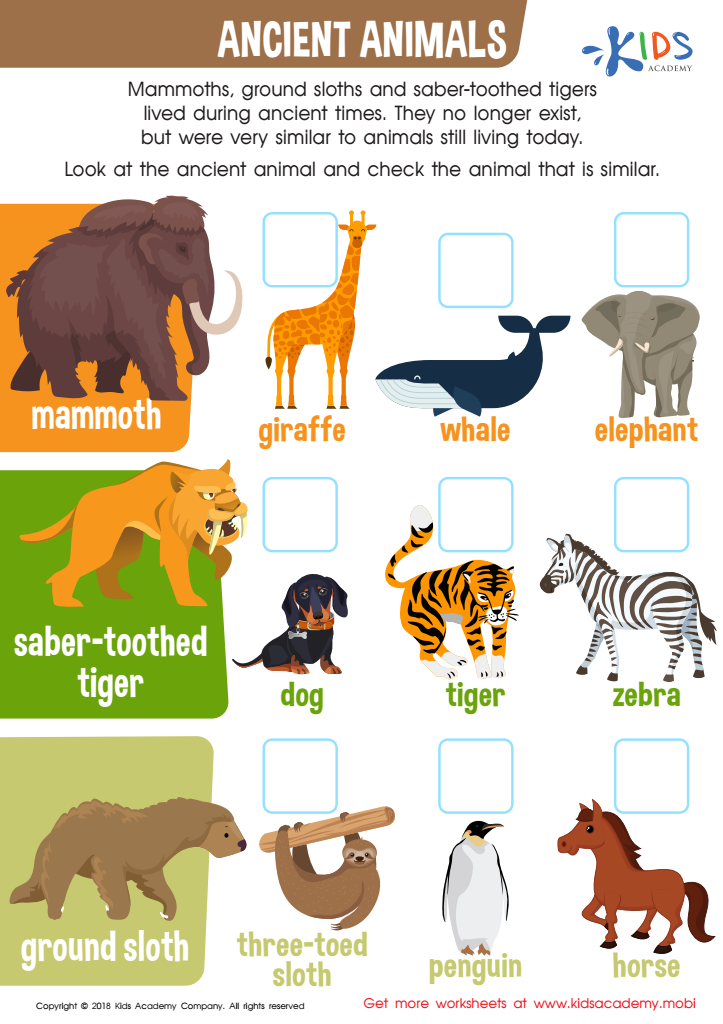

Ancient Animals Worksheet
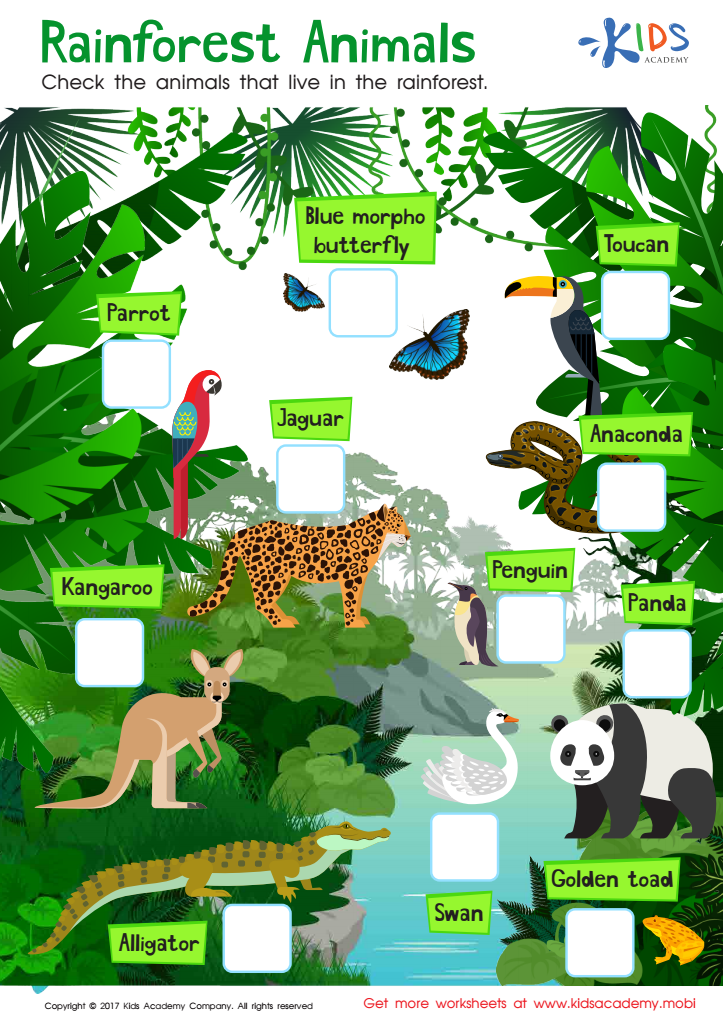

Rainforest Animals Worksheet
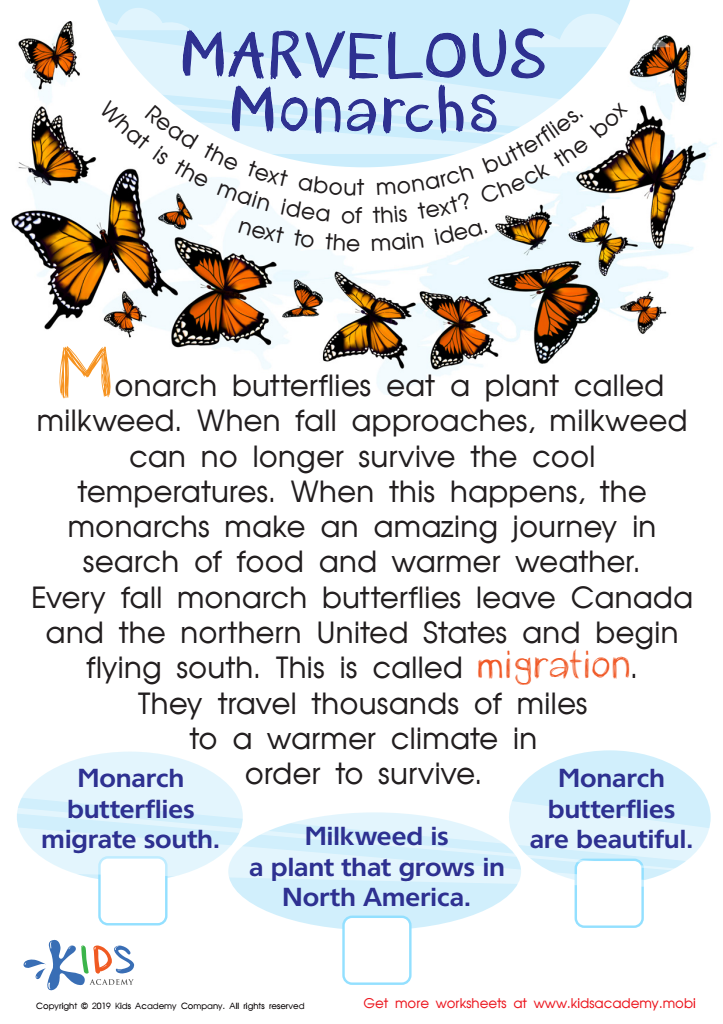

Marvelous Monarchs Worksheet
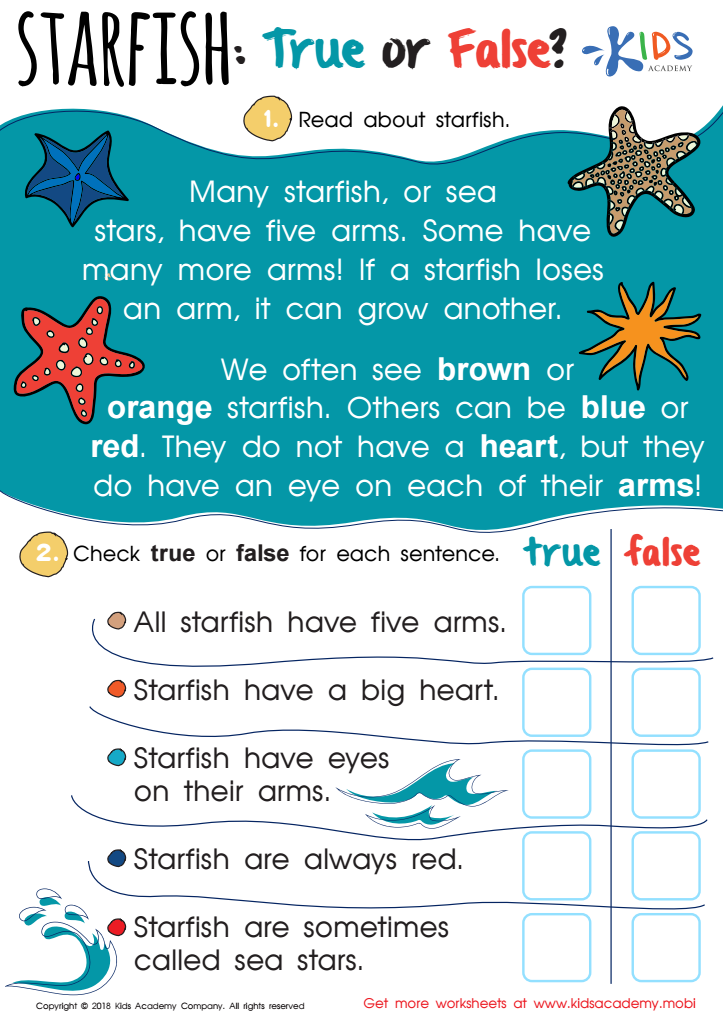

Starfish: True or False Worksheet
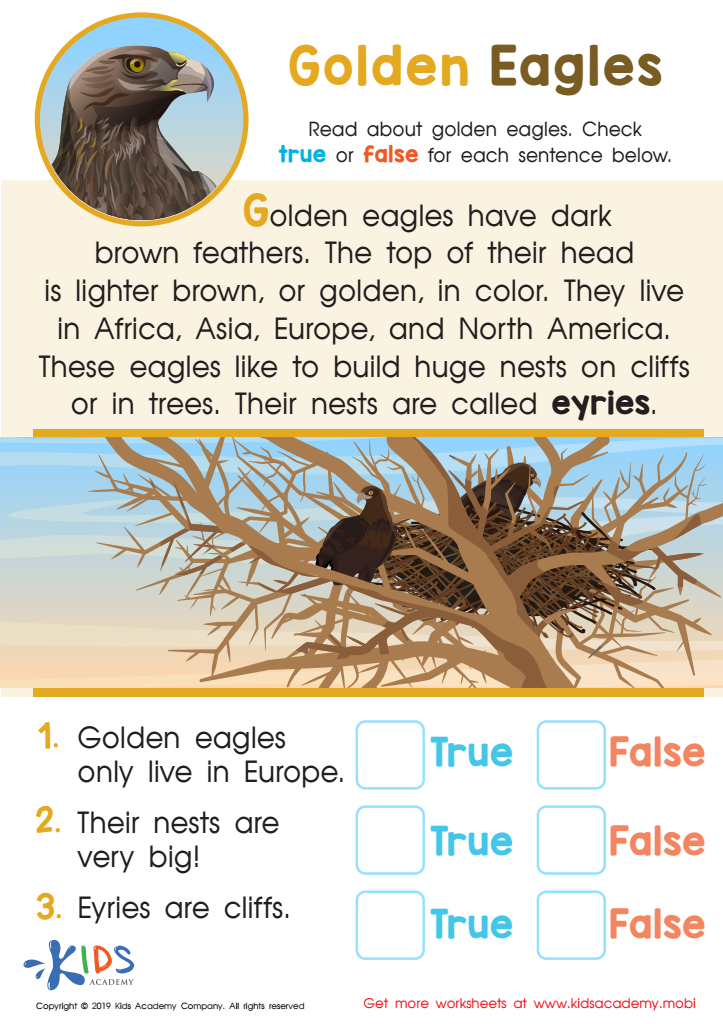

Golden Eagles Worksheet
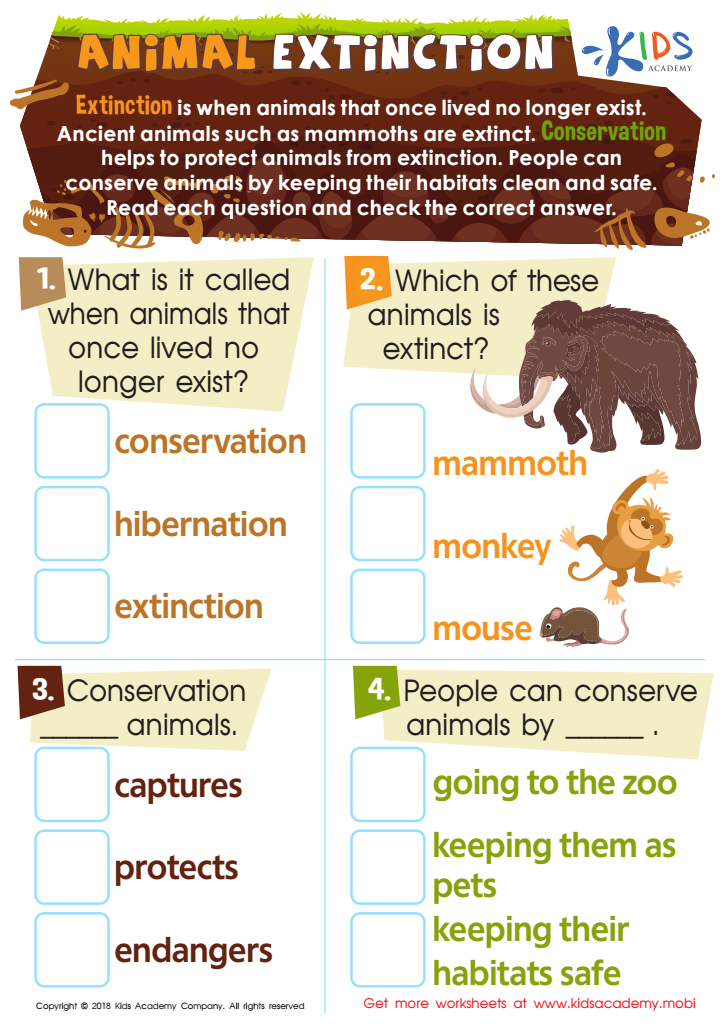

Animal Extinction Worksheet
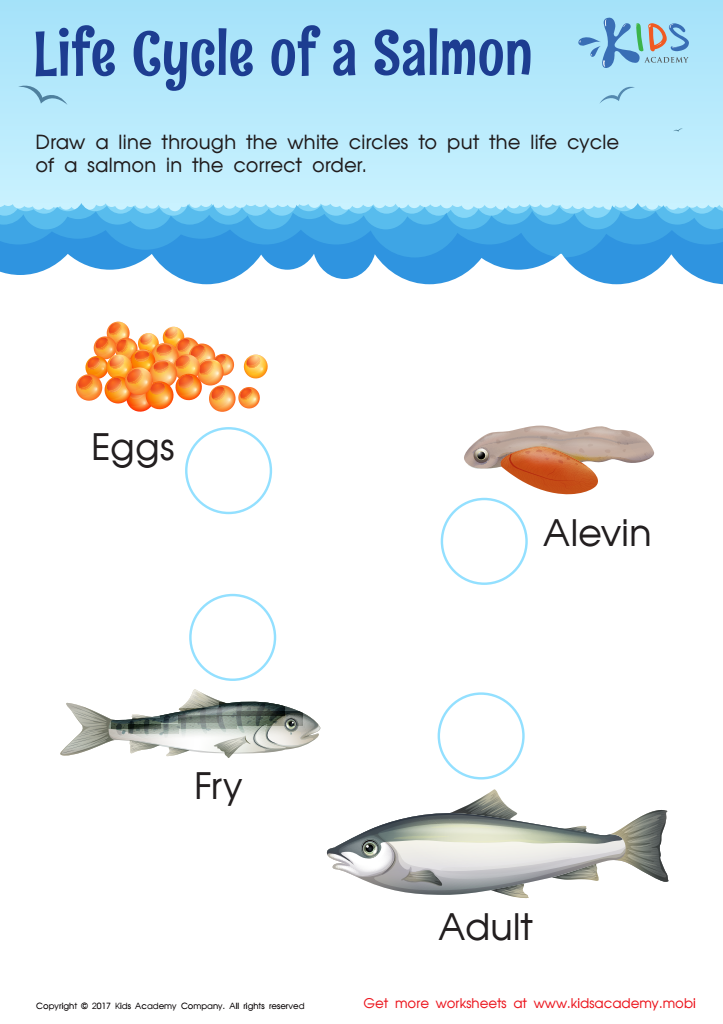

Cycle Of Salmon Worksheet
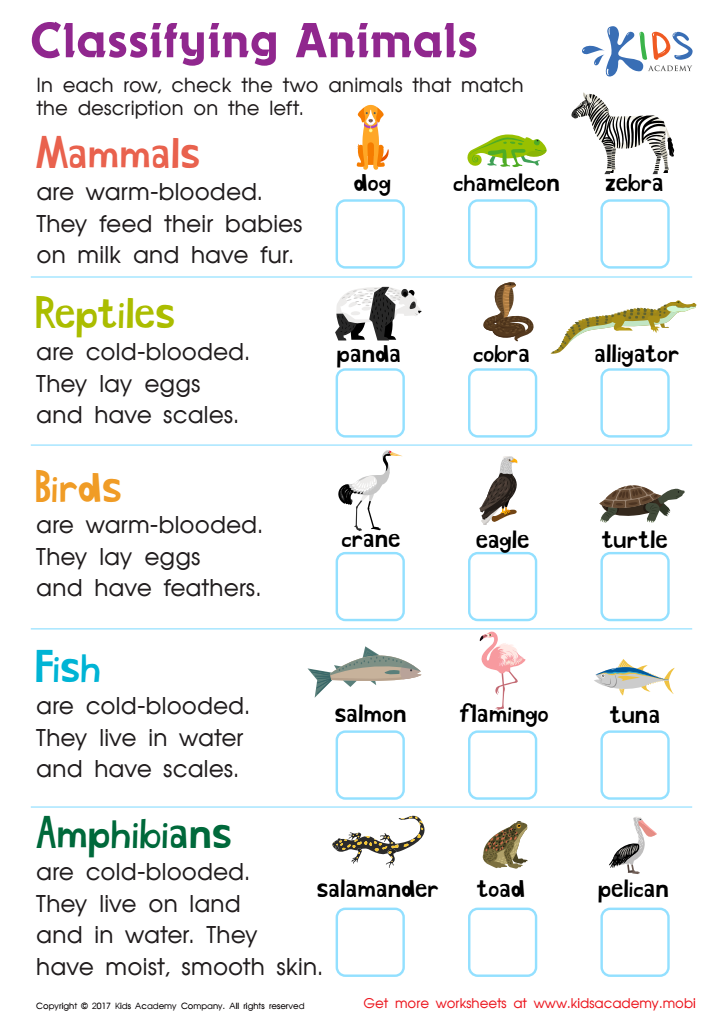

Classifying Animals Worksheet
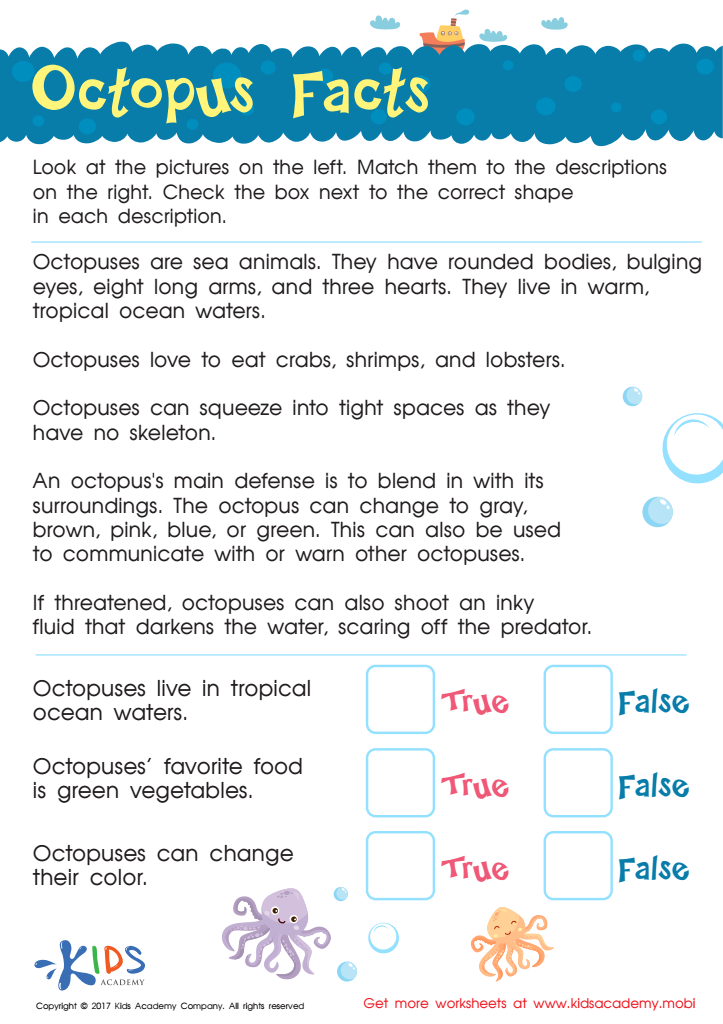

Octopus Facts Worksheet For Kids
Reading comprehension is a crucial skill for students ages 8-9, as this stage of development significantly influences their overall academic success. Understanding texts about normal plants and animals enhances children's knowledge of their environment, fostering curiosity and critical thinking. By grasping how various organisms interact within ecosystems, children not only learn scientific concepts but also develop a sense of responsibility toward nature and biodiversity.
Moreover, reading about plants and animals improves vocabulary and language skills. It introduces specialized terminology, enhances decoding proficiency, and promotes expression in both spoken and written forms. Great comprehension activities related to this theme encourage discussions with peers and adults, promoting social skills and collaboration.
Parents and teachers should prioritize reading comprehension in this area because it lays the groundwork for future learning and inquiry. Helping children to extract, analyze, and evaluate information empowers them to become more self-directed learners and thoughtful individuals. Furthermore, nurturing a love for reading at this age increases the likelihood of ongoing engagement with literature, which has long-term benefits for cognitive and emotional development. Ultimately, fostering strong reading comprehension skills in relation to plants and animals not only enriches academic performance but also cultivates informed stewards of the environment.
 Assign to My Students
Assign to My Students
